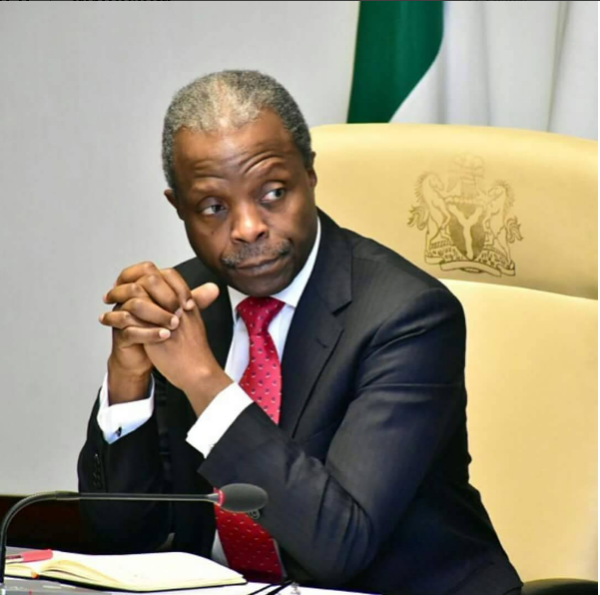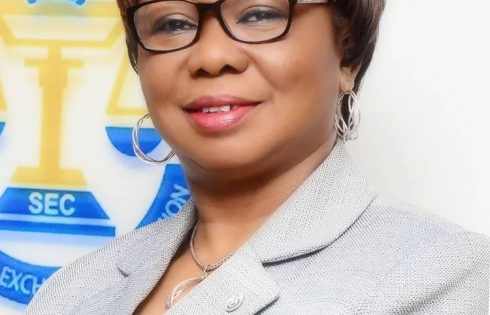
Infrastructure Gap: Nigeria Needs $350bn
… Osinbajo Tasks Capital Market to Fund Economic Dev
The Acting Director General, Security and Exchange Commission (SEC)Ms Mary Uduk has disclosed that an estimated $350 billion is needed to fix the large infrastructure gap across the 36 states of the federation and FCT.
This is just as the Vice President, Prof. Yemi Osinbajo has challenged capital market operators to brace up to the challenges of providing long term capital needed to fund growth and development in the country.
Speaking at the Second Capital Market Stakeholders’ Forum organized by joint Senate and House of Representatives committees on Capital Market and Institutions in Abuja , Osinbajo said “Given that capital is extremely important for business, implies that the Nigerian capital market would be very important in enabling businesses to take advantage of the various opportunities that have been created by government to access capital, both long and short.”
He said Nigeria needs a capital market that would attract investors into various sectors of the economy with the aim of growing and diversifying the economy, creating jobs, improving the quality of life and improving revenue and export sources.
According to him, the Nigerian capital market has a significant role to play in the attainment of these objectives.
The Vice President stated that financial markets are known to be engines of growth because of the strategic role they play in the flow of funding and drew a correlation between the level of development of the financial system and economic development for the simple reason that financial markets act as intermediary between lenders and borrowers.
He stated that although such correlation was the case for the advanced market economies, the same cannot be said for Nigeria as our financial system is still evolving.
“The many significant achievements of the Nigerian capital market in the areas of legislation, regulations, technology, processes as well as new products all of which have attracted local and foreign operators to the market”, he noted.
Osinbajo also urged the market to take advantage of the business opportunities that have been created by the government, through various tax incentives, investment in capital and also given the diverse resource base of Nigeria none of which we must not forget to mention is the entrepreneurial capacity of the Nigerian, the demand for capital would certainly increase well beyond the current levels and that implies that the capital market indeed must step up its activities and grow to meet the expectations of the large and sophisticated players who would be requiring the services .
“The necessity for stable long term funds for the actualization of the vision of economic growth and development therefore places Nigeria’s capital market in a unique and strategic position for which it must be prepared”, he declared.

In a keynote address, Acting Director General, Security and Exchange Commission (SEC), Ms. Mary Uduk observed that while economic growth is increase in the production of goods and services usually measured in GDP, economic development is larger as it includes improvement in the quality of life and living standards of citizens.
These includes, improvement in literacy, health and life expectancy, better savings- investments culture as well as improves wealth distribution, housing and environment.
She disclosed that there are many capital market instruments that can be used to stimulate economic development in Nigeria- bonds, equities and commodities.
“Recently, Nigeria issued the N100 billion sukkuk to finance 25 road projects and also Green bonds to finance afforestation, renewable energy and provision of clean energy.
Her words, “Opportunities also exist to issue revenue bonds to finance revenue generating projects which will exert less pressure on government budget and allocation.
“The Nigerian bond market therefore, has the potential to close the country’s huge infrastructure deficit, estimated at $350 billion in 2013.
